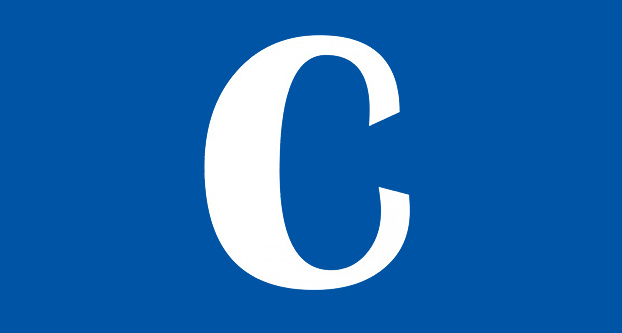A project shedding light on the genealogical past of African-Americans during slavery needs volunteers.
The Freedmen’s Bureau Project aims to index the records of people assisted by the Freedmen’s Bureau following the Civil War, giving African-Americans access to information on ancestors that were thought to be lost in time.
The agency, established in the War Department in 1865, provided assistance to tens of thousands of former slaves and impoverished whites in the South and the District of Columbia, The National Archives and Records Administration said. It issued food and clothing, operated hospitals and temporary camps, helped locate family members, promoted education by establishing schools and more.
Universities like Howard and 10 others were formed by the Freedmen’s Bureau, which helped to educate the newly freed, said Dr. De Anna Reese, Fresno State Africana Studies program coordinator.
The project is an initiative started by FamilySearch International, the Smithsonian National Museum of African-American History and Culture, the Afro-American Historical and Genealogical Society and the California African-American Museum.
Their ultimate goal is to have the records easily searchable on the FamilySearch International website by June 2016.
Information compiled by the project will also be displayed in Washington, D.C. when the Smithsonian National Museum of African-American History and Culture opens later this year.
For the project to be finished, people like Sam Singley helped to read digitally preserved documents and transfer the names of thousands onto searchable archives. They were more than just names to him.
“When I see pictures and names on these charts for indexing, they are more than just names,” Singley said. “These are people’s lives. This is part of our history.”
Singley also imagined the feeling of being separated from your family while enslaved, then having to find them once you were freed.
“It’s kind of hard for me to imagine having your kids sold from you, having your parents taken from you at an early age and put into slavery,” Singley said.
“It’s even harder to imagine, once you’re free, how do you find them?” Singley added.
Kendalyn Mac, a junior community health student, spoke of the importance of volunteering with the project and shedding light on discovering the roots of her ancestors.
“It means everything to me to learn about my ancestors and where I come from all the way back to Africa,” Mac said.
Volunteers can join the project by visiting www.discoverfreedmen.org.




